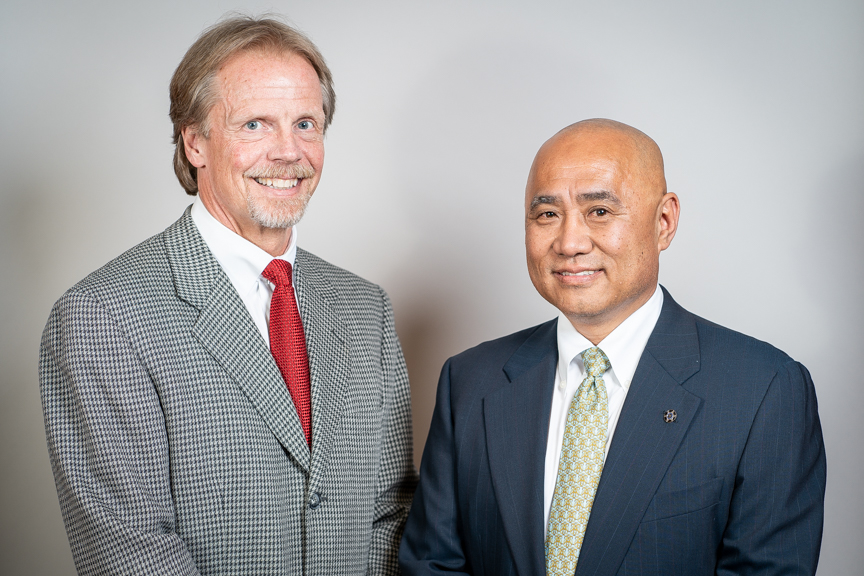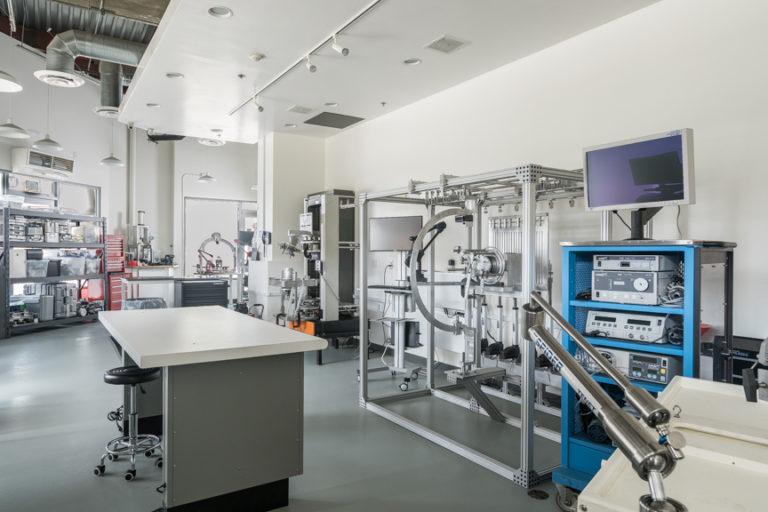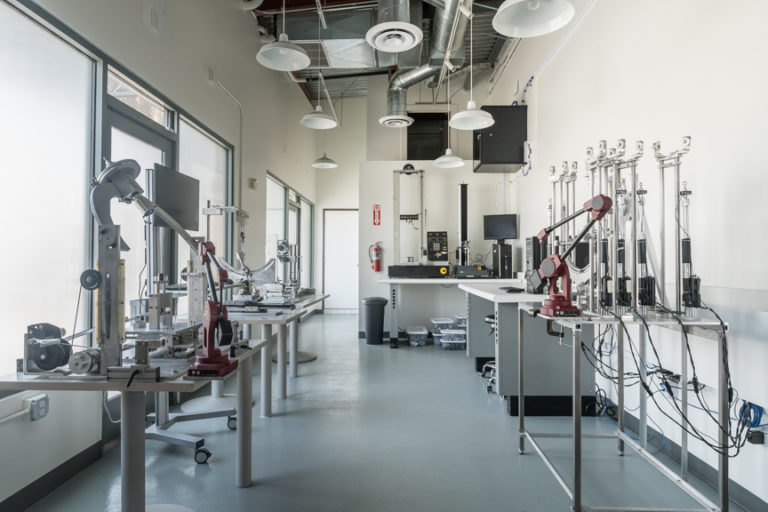Director: Thay Q. Lee, Ph.D.
Congress Medical Foundation
Pasadena, California
In March 2019, Thay Q. Lee, PhD relocated the Orthopaedic Biomechanics Laboratory from the Veterans Affairs Hospital in Long Beach, CA where Dr. Lee had spent over 30 years of his career and had the distinguished title of Senior Research Career Scientist to a state of the art facility at the Congress Medical Foundation, Pasadena, CA where Dr. Gregory Adamson is the president.
The lab is dedicated to the research and education of orthopaedic biomechanics, which is the study of human joints, using mechanical principles. The overall objective is to develop new surgical techniques and implants based on a biomechanical understanding of injury mechanisms.
This is accomplished by creating biomechanical systems that simulate human anatomy and function. The lab is equipped with multiple custom testing systems for the study of shoulder, knee, elbow, hip and wrist biomechanics as well as three Instron material testing machines. The lab is also equipped with a machine shop for customizing and creating new testing equipment.
Dr. Thay Lee is the director and founder of the Orthopaedic Biomechanics Laboratory. He is recognized as “world renowned” in the field of biomechanics with over 35 years of scientific orthopaedic research experience. He develops research methods and models to biomechanically evaluate any joint in the human body. Most notably, Dr. Lee has published over 300 peer reviewed manuscripts in orthopaedic biomechanics. Michelle H. McGarry, MS has been working with Dr. Lee for the past 20 years and remains the director of the Orthopaedic Biomechanics Laboratory. Ms. McGarry has over 150 peer reviewed manuscripts focusing on orthopaedic biomechanics.
This innovative workspace is usually energized by teams of researchers, medical students and surgeons, testing and collecting data using highly sophisticated equipment. The studies are fundamental and universal, requiring collaborative work with surgeons and researchers from around the world. The laboratory not only works with the surgeons at Congress Medical Associates and their sports medicine fellowship, but also collaborates with many national and international surgeons for the common goal of developing advanced surgical strategies to improve the quality of life of patients.



